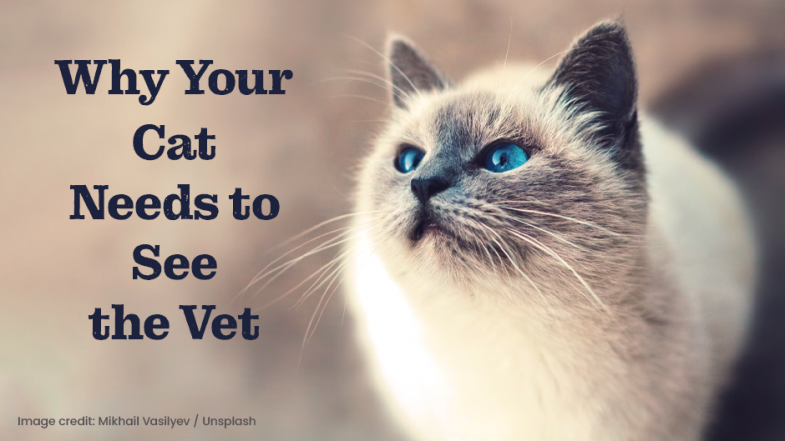Turner Veterinary Clinic News
Knowing the Signs of Pet Cancer Could Save a Life
Cancer is the leading cause of death in dogs and cats, particularly when the animal is over age 10. According to the American Veterinary Medical Association, 50 percent of senior dogs and 33 percent of senior cats die of some type of cancer. No matter what the age of the pet, a cancer diagnosis often comes as a complete shock to his owner. That is because dogs and cats are good at hiding their symptoms and don't have the ability to verbalize that something is wrong.
As a concerned pet owner, it's up to you to know the signs of cancer so you can seek immediate treatment if your pet displays any of them. While having some of these symptoms doesn't necessarily mean your pet has a tumor, it's always best to have them checked out at Turner Veterinary Clinic.
- Abnormal swelling on any part of the body
- Labored breathing
- Difficulty eliminating as usual
- Loss of appetite and/or weight loss
- Inability to chew or swallow food
- Unusual body odors
- Non-healing sores
- Bleeding from any bodily opening
- Walking with a stiff gait
- Not as active as usual and tires easily
While dogs get cancer more often, the disease tends to be more aggressive in cats. Early diagnosis and treatment affords your pet the best chance at sending the cancer into remission.
The Top Five Locations for Cancer in Pets
Skin, mammary gland, head and neck, lymphoma, and testicular cancer are the top five types diagnosed in dogs and cats. With mammary gland cancer, 85 percent of tumors are diagnosed as malignant. However, getting your pet spayed before age one greatly reduces the chances of her developing it. The same is true of testicular cancer, which is common in dogs but rare in cats.
Preventive Care Catches Tumors Early
Your pet doesn't always display symptoms when she has developed cancer. This is one reason that regular veterinary check-ups are so important. We encourage you to visit Dr. Huelsbergen at least once per year for a wellness exam in addition to scheduling an immediate appointment if you notice any of the above symptoms.
Categories
Recent Posts

Think heartworm is just a summertime issue? Or that your indoor cat is safe from it? You're not alone—many pet owners have heard (and believed) myths about heartworm disease. But the truth is, this serious and potentially deadly condition affects pets in every state and can impact even those who never leave the house.
Let’s clear up the confusion and give you the real facts about heartworm—so you can protect your furry family members with confidence.

February is here, and love is in the air! But while you're showering your loved ones with chocolate, flowers and cards, don’t forget the furry members of your family. This month is National Pet Dental Health Month and a perfect time to prioritize your pet's dental health. Just like us, pets can develop dental problems that impact their overall health and happiness.
Proper dental care can improve your pet’s quality of life and even extend their lifespan. Here, we’ll share essential tips to ensure your pet’s teeth stay healthy and strong.

From October 13-19, 2024, we join veterinary clinics nationwide in celebrating National Veterinary Technician Week! These incredible individuals are the backbone of our clinic, working tirelessly to ensure every pet receives the care they need. If you’ve ever wondered just how our vet techs make a difference in the life of your pet, we’re here to shed some light on their remarkable work.

As a veterinary team, one of the most important conversations we have with pet parents is about pain. Unlike us, our pets can’t simply tell us when something hurts. They often mask their discomfort, making it difficult to recognize the early signs of pain. Whether your pet is growing older or experiencing an acute injury, understanding the subtle indicators of pain is one of the best things you can do as a pet owner to facilitate your pet’s overall wellbeing.

When was the last time your cat visited the vet? Cats are known for their independent and often aloof nature, which can sometimes lead to the misconception that they don’t require regular veterinary care. However, just like dogs, cats need routine checkups to ensure they live long, healthy lives.